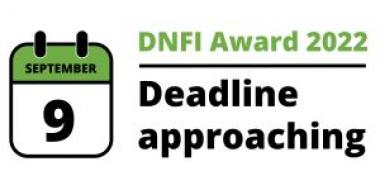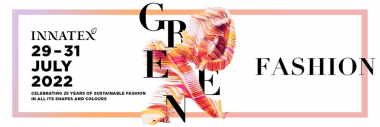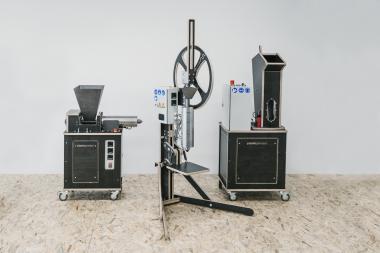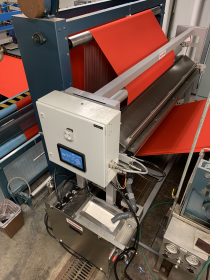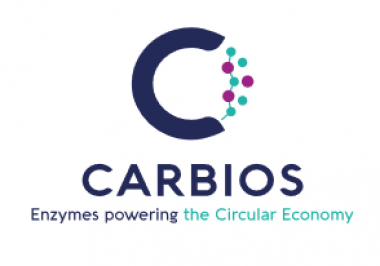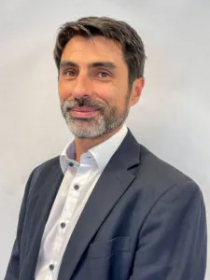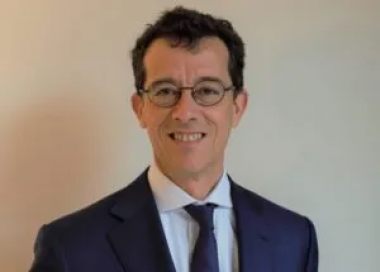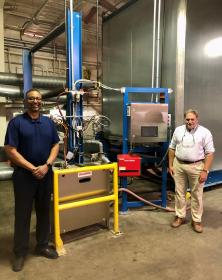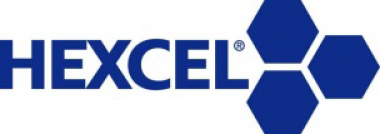Sustainable Developments in Absorbent Hygiene & Personal Care at Hygienix™
- INDA Announces Full Program and Opens Registration for Premier Event in New Orleans
With reusable and recyclable products and new inputs offering growth opportunities in absorbent hygiene and personal care products, Hygienix™ will provide an insightful view into the market’s future this November in New Orleans.
Industry participants from around the world and throughout the supply chain will convene and connect for the eighth edition of the premier event for the fast-growing segment on November 14-17, at The Roosevelt New Orleans Hotel.
The in-person conference will highlight the segment’s continued growth and new opportunities with presentations by more than 20 industry experts on sustainable inputs, natural fibers, product transparency, reusable menstrual products, recyclable diapers and more as well as the latest market forecasts and insights into consumer buying trends.
Hygienix also will offer two specialized workshops, and a myriad of business connection opportunities including a welcome reception on Nov. 14 and a first-time attendee mentorship program.
Participants will discover innovative products in absorbent hygiene and personal care at tabletop exhibits with evening receptions on Nov. 15-16, providing opportunities for 60 companies to showcase their unique offerings.
Three finalists will each present their innovative and technically sophisticated disposable absorbent hygiene products as they vie for the prestigious Hygienix Innovation Award™. Nominations are open until August 29. Demonstrating the interest in sustainability, last year’s award recipient was Kudos Diaper Subscription featuring its 100% cotton disposable diaper.
Hygienix Highlights
Absorbent hygiene – the single largest nonwoven end‐use category (by square meters) – is expected to continue its strong growth over the next four years, creating market opportunities in this thriving area driven by growing consumer interest for environmentally-friendly options in material inputs and end-of-life options.
Participants will hear the latest data and forecasts from analysts during presentations by Robert Fry, Jr., Ph.D., Principal of Robert Fry Economics LLC on the Global Economy – What we Can Expect in 2023; Pricie Hanna, Managing Partner, and Colin Hanna, Director of Market Research, Price Hanna Consultants on Disposables versus Reusables; and Simon Preisler, Vice President of Logistics, Central National Gottesman delivering a Logistic Market Update.
A panel of entrepreneurs will discuss the challenges, biases and taboos to bringing innovations into the marketplace. Experts sharing their insights will be Mia Abbruzzese and Alexandra Fennell, co-founders of Grace; Amrita Saigal, founder and CEO, Kudos; and Cindy Santa Cruz, President of ParaPatch.
A session on Next-Generation Menstrual Products and their Users will feature Liying Qian, Research Analyst, Euromonitor International providing market data on disposable and reusable period products; Frantisek Riha-Scott, Founder, Confitex discussing reusable products; and Greta Meyer, Co-Founder and CEO, Sequel on Reengineering the Tampon.
Also focusing on period products will be a presentation by Danielle Keiser, Managing Director, Impact, Madami on Changing the Conversation with Consumersmoderated by Heidi Beatty, Chief Executive Officer, Crown Abbey, LLC.
Other intriguing not-to-be-missed presentations centered on sustainability trends include:
- Assessing Sustainable Fiber Options in the Context of Disposable Hygienic Products – Richard Knowlson, Principal, RPK Consulting LLC
- Five Generations of Hygiene + Sustainability – Matt Schiering, Professor of Marketing, Dominican University
- Recycling Approaches for Disposable Diaper Waste – Jeannine Cardin, Quality and R&D, RecycPHP Inc.
Hygienix will provide additional focused learning opportunities with two essential short courses (with separation registration fees) on Nov. 14 focused on Absorption Systems for Absorbent Hygiene Products, from 1 to 3:30 p.m. and Global Diaper Trends from 3:45 to 6 p.m.









